Finance for the European Pillar of Social Rights (Finance4EPSR)
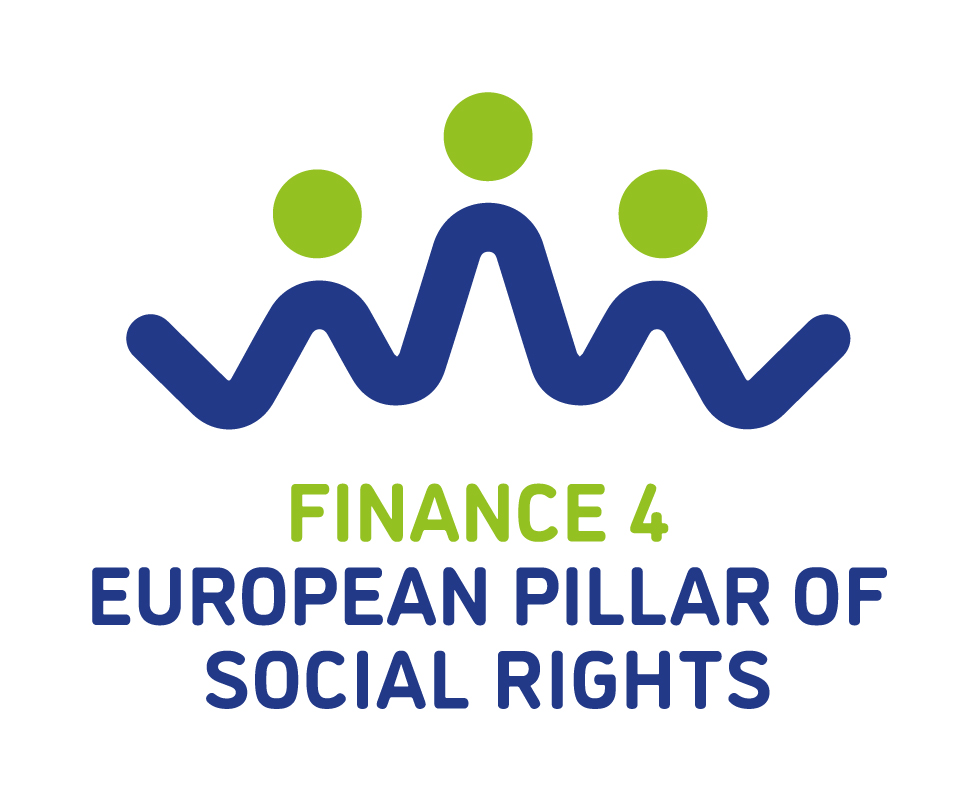
Project Description
Better non-financial reporting on social aspects has the potential to increase investments flows towards economic activities with positive social outcomes as recognised in the European Pillar of Social Rights (EPSR) Action Plan. In this regard, there is a huge untapped potential of the providers of services of general interest, as there is an unbalanced assessment of the impact of the non-financial disclosure requirements on the SGIs and public services providers, especially at the local level, compared to the big enterprises from the private sector.
Through the ‘Finance for the European Pillar of Social Rights’ project financed by the European Commission, SGI Europe and the project partners HOSPEEM and HEAG will aim to develop a methodology for guiding the non-financial reporting about social objectives to foster SGIs contributions towards the implementation of the EPSR, as well as to deepen the knowledge on the practical impact of a Social Taxonomy into the business life of enterprises delivering services of general interest. The project will create a capacity building framework which aims to unlock SGIs potential to further contribute to the EPSR’s objectives using sustainable finance tools. The guiding methodology will help SGI providers identify their activities in line with sustainable finance requirements and empower them in the interactions with investors aiming for social investments in key sectors such as healthcare, transport and energy.
‘Finance for the European Pillar of Social Rights’ Background
The European Union is in a complex social and economic recovery context following the COVID-19 pandemic, heavily amplified by the increase in energy prices and high inflation. Services of general interest represent the backbone of the European social market economy, are key players in the implementation of the European Pillar of Social Rights, as well as in the green and digital transition and, since the beginning of the pandemic, have demonstrated their central role in the resilience of the EU social-economic system.
Many SGIs are indeed providers of services of general interest to local entities and, while operating increasingly in competition under market rules, have to maintain a wider social responsibility towards the citizens they serve. However, in most cases, SGIs lack the necessary knowledge and experience to attract sustainable finance. This is mainly caused by an unbalanced assessment of the impact of the non-financial disclosure requirements on the SGIs and public services providers, especially at the local level, compared to the big enterprises from the private sector. This adds to a general lack of awareness and guidelines dedicated to SGI providers, including tailored non-financial reporting mechanisms, operational capacity and technical expertise to implement European sustainability benchmarks, and dedicated labels for SGI and public services providers. This scenario causes SGIs’ inability to attract private and socially sustainable investments and an overall lack of social investments in critical sectors such as healthcare, housing, transport or energy.
This is why SGI Europe and the project Partners, HOSPEEM and HEAG, aim to develop a methodology for guiding the non-financial reporting about social objectives as a critical goal to foster SGIs’ contributions towards implementing the European Pillar of Social Rights. In parallel, the project also aims to deepen the knowledge of the practical impact of a Social Taxonomy on the business life of enterprises delivering services of general interest. In this regard, the project focuses on a limited number of sectors essential for realising social rights, such as access to healthcare and housing, and improving the accessibility and availability of basic economic infrastructure and services such as clean electricity and water. Hospitals and the healthcare sector are critical infrastructure across the EU and have faced different challenges before the pandemic, stressing the need for regular and substantive investments. Consequently, testing the implementation of the Social Taxonomy is interesting for sectoral employers to understand and experiment with its implementation to ensure that (a) social taxonomy can be correctly applied to the benefit of all and (b) more potential investors can be identified.

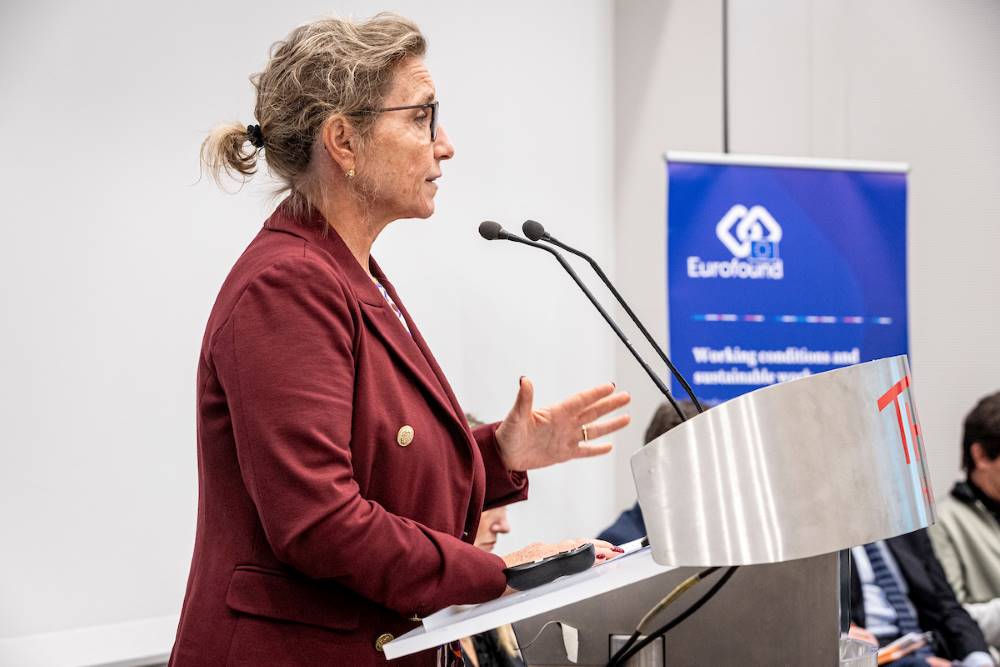
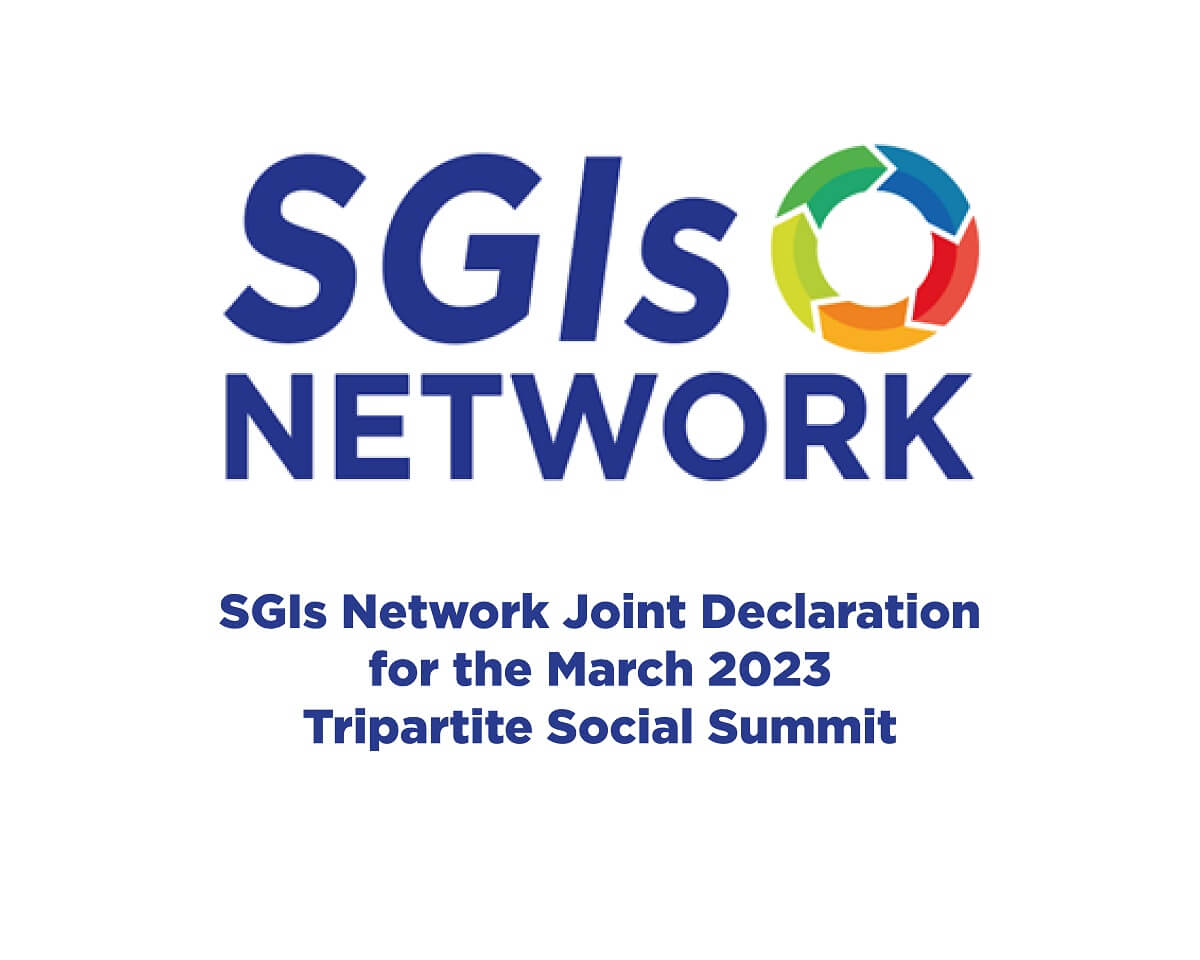
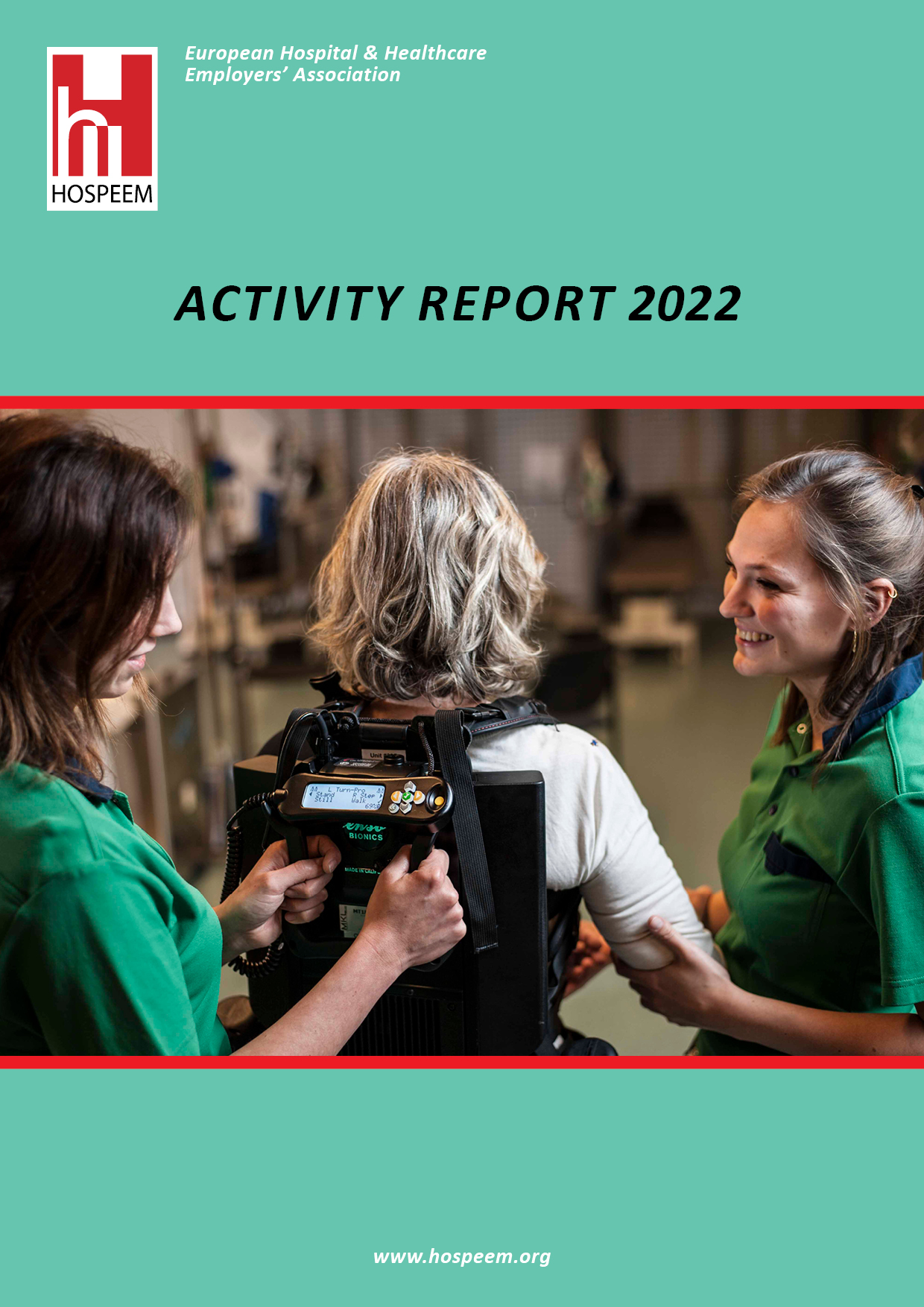
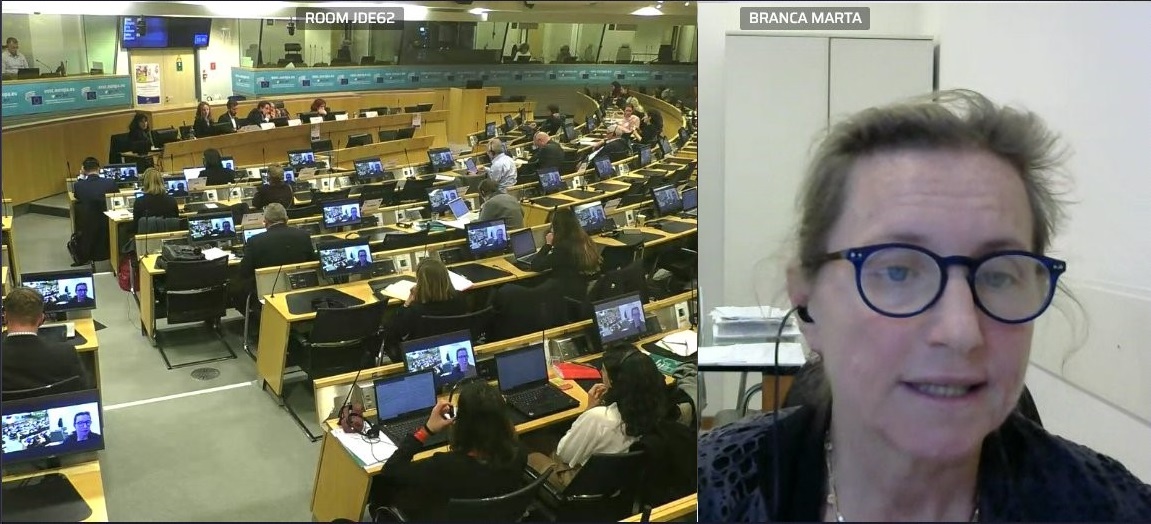
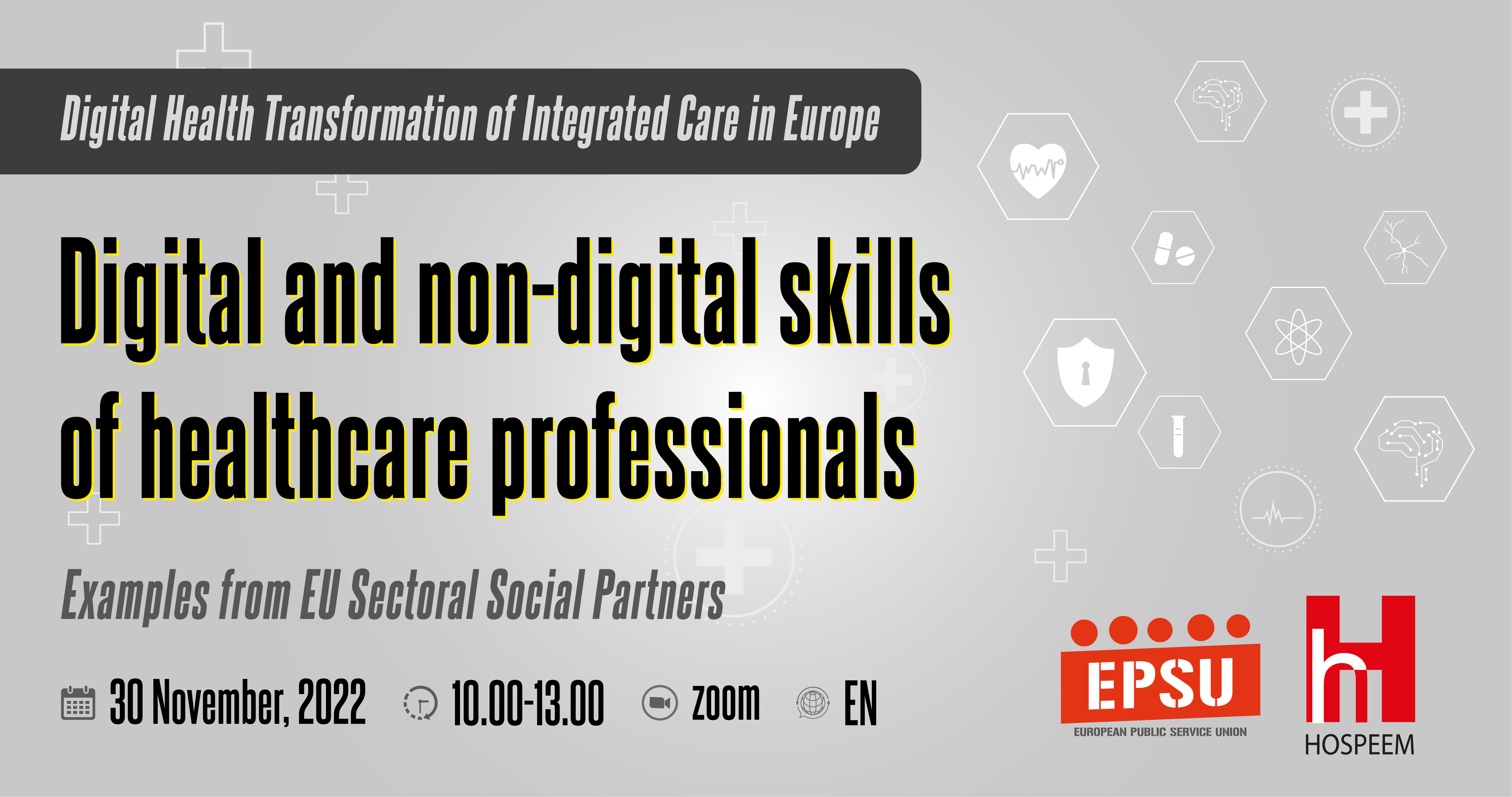
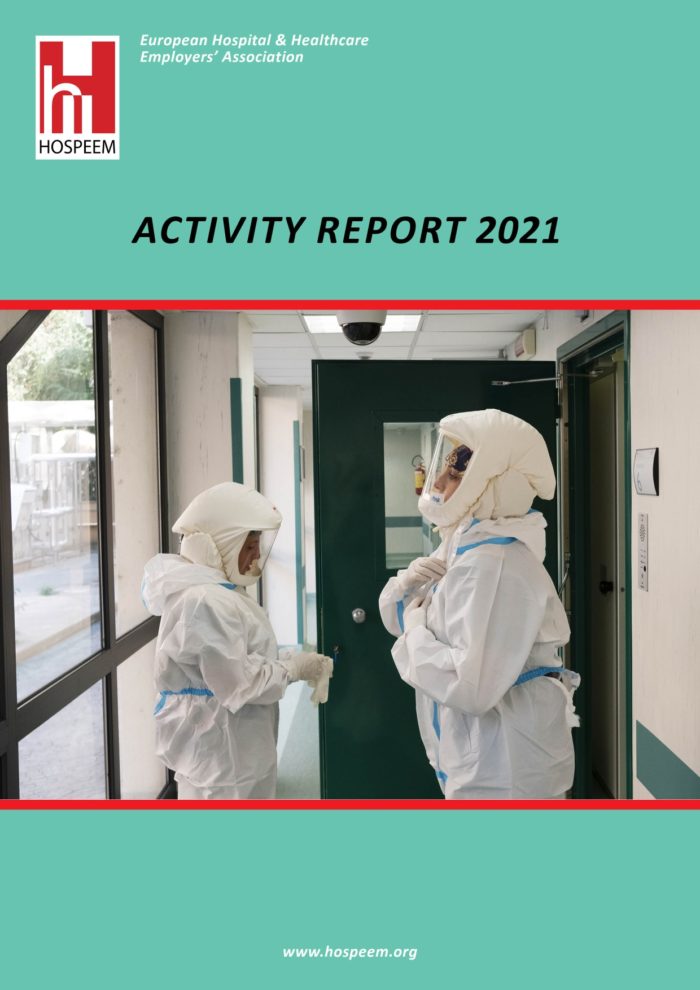

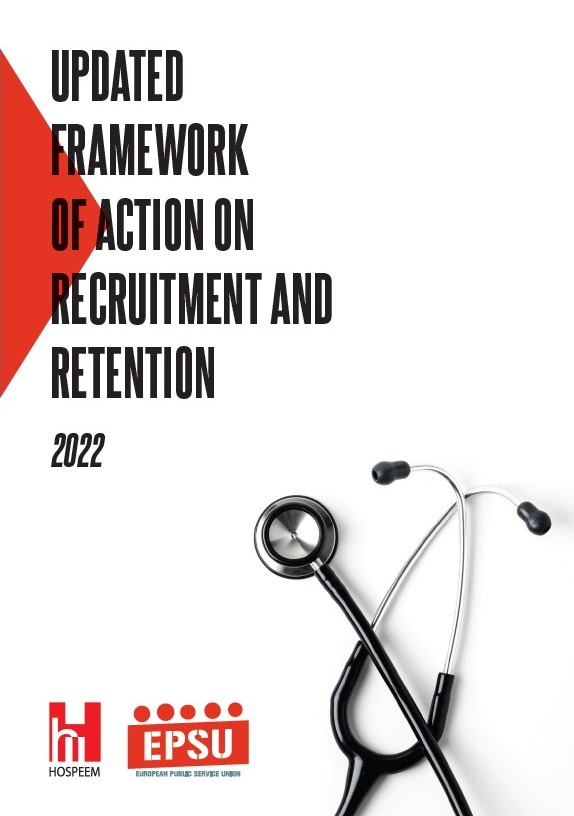
Recent Comments